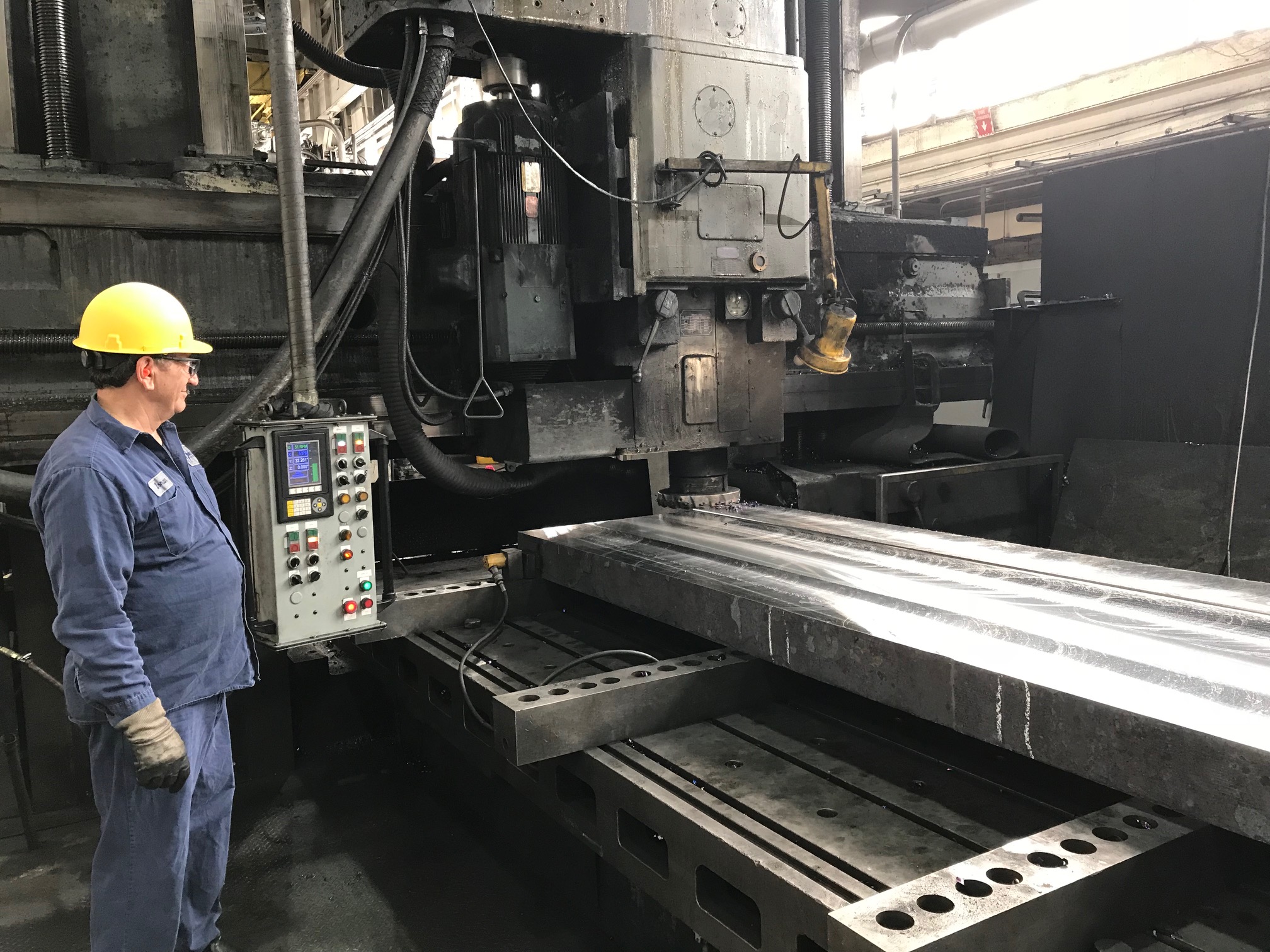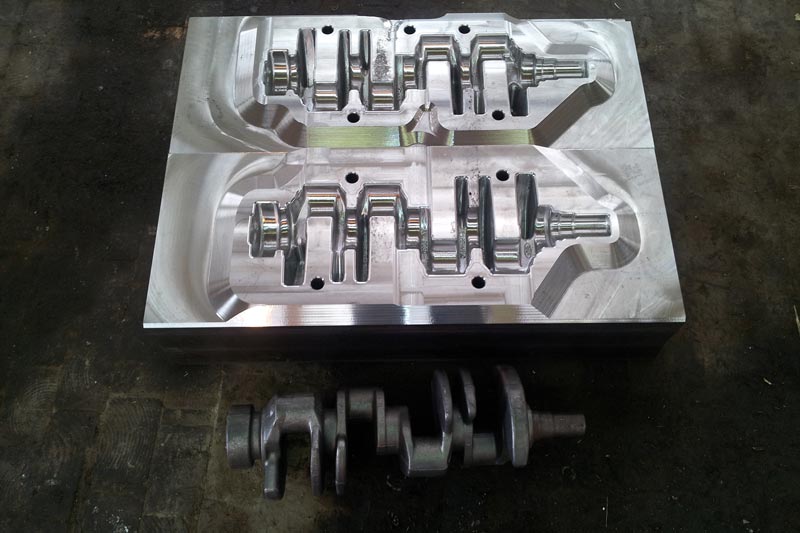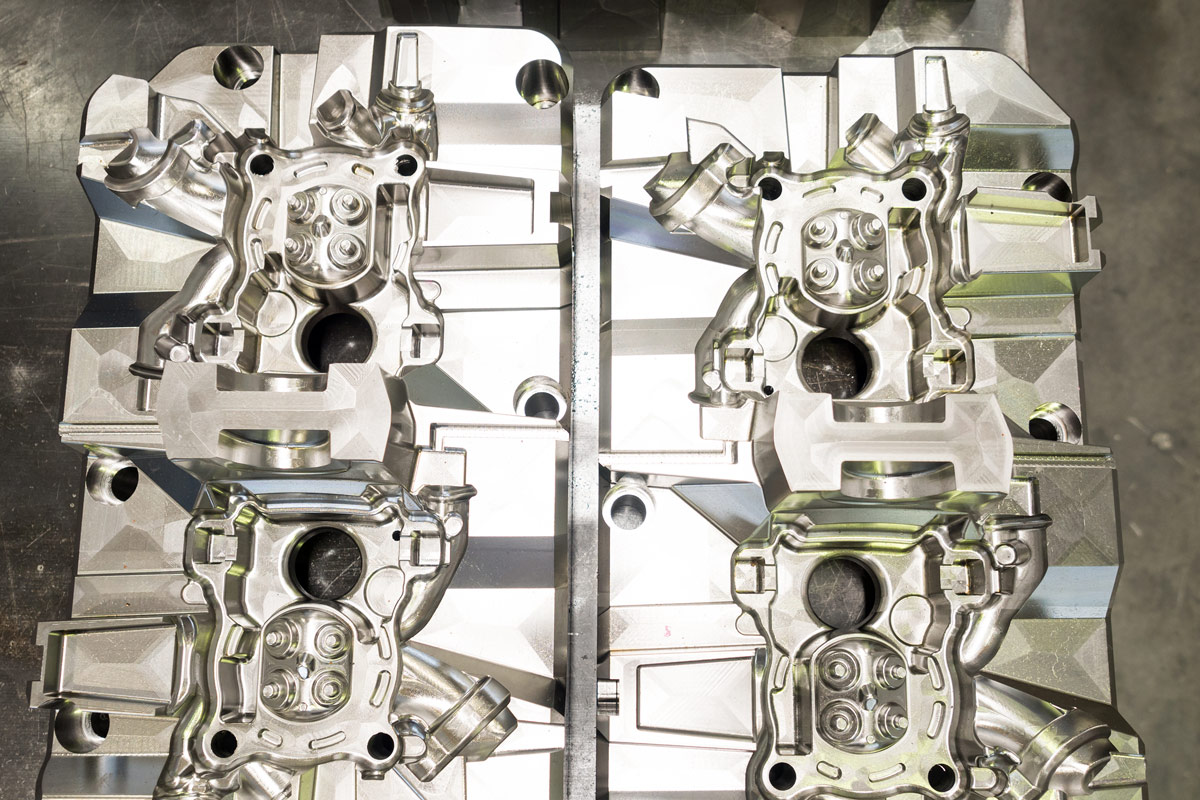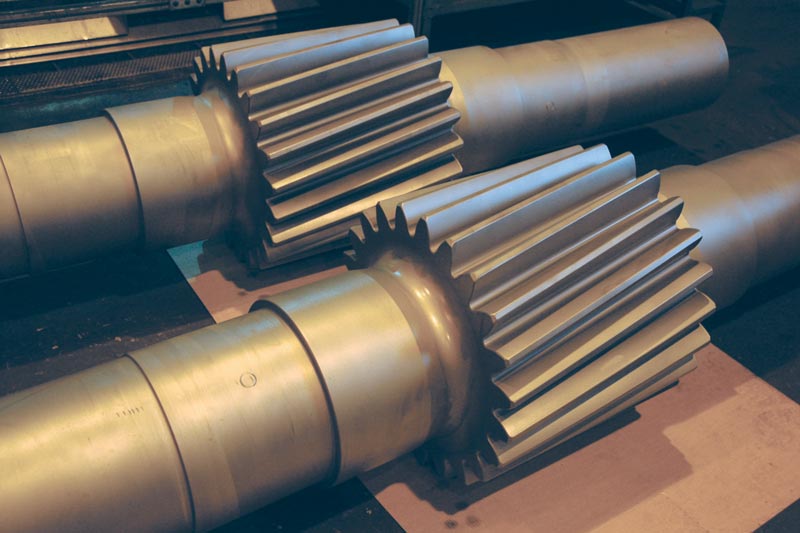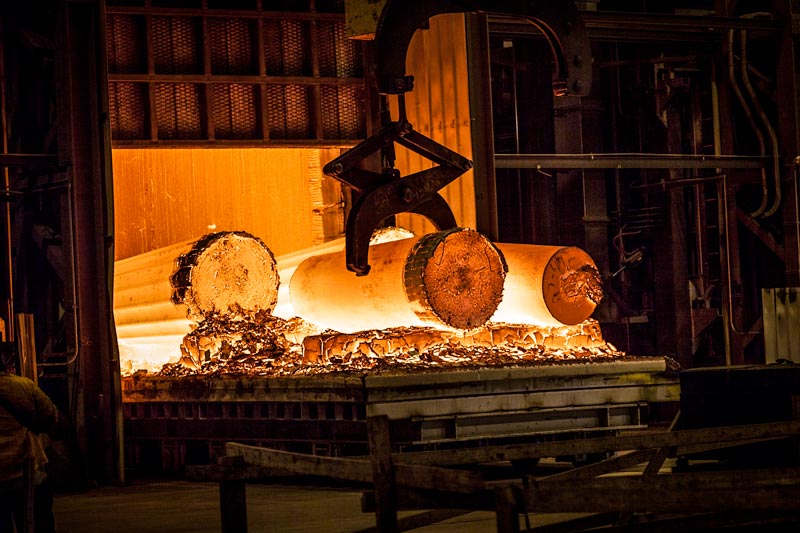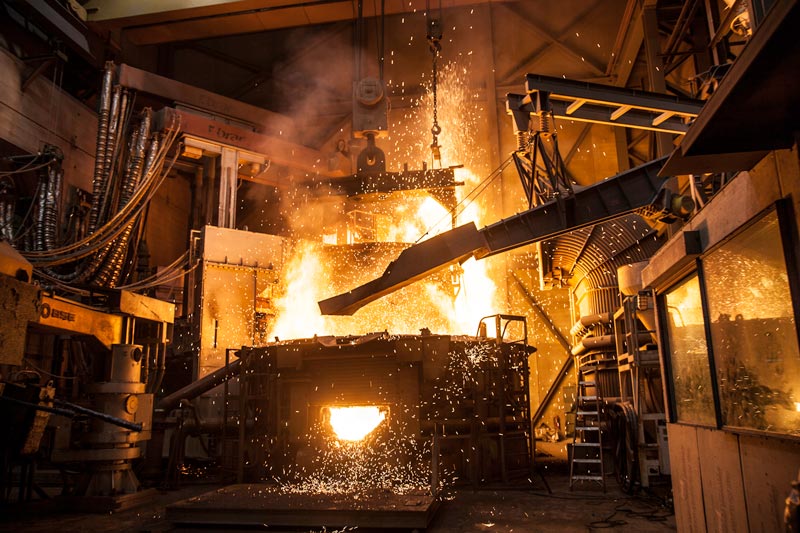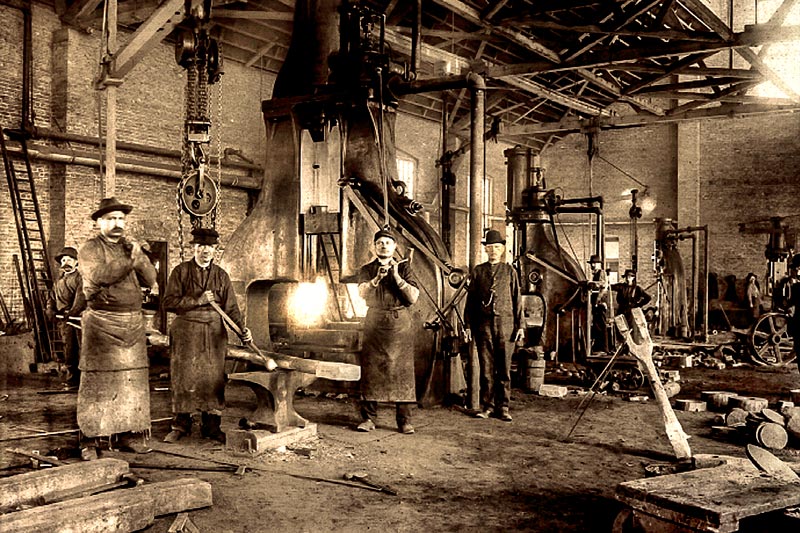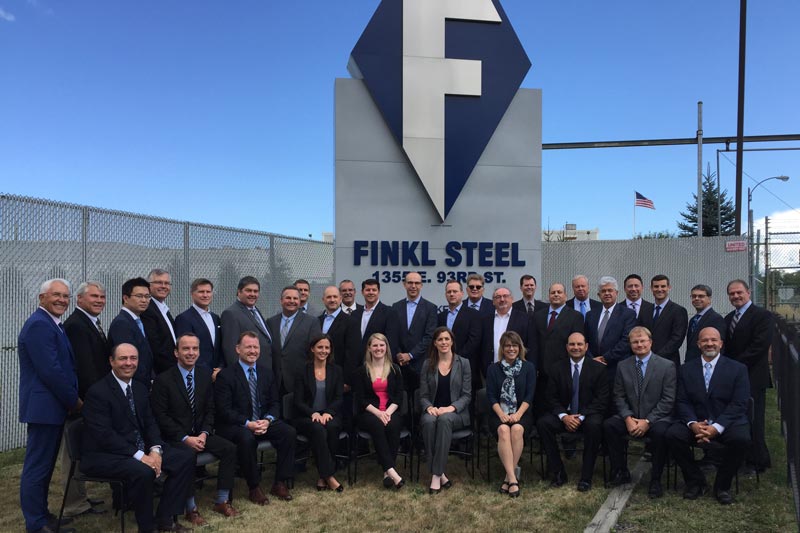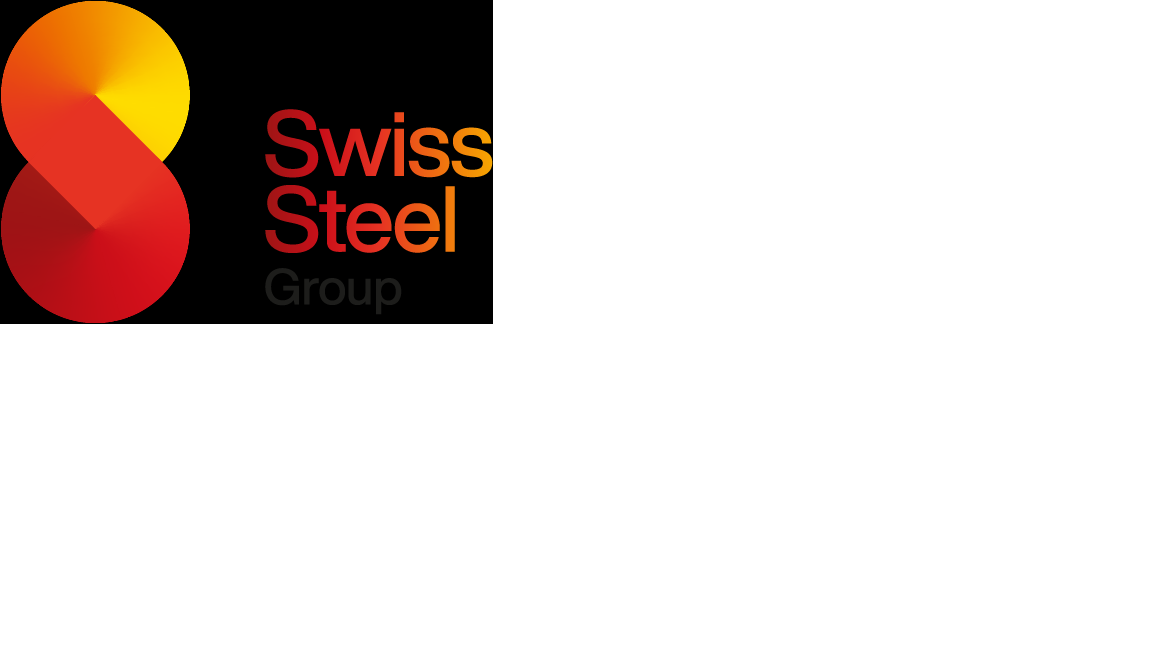The following information has been prepared in order to assist forging producers in streamlining the RFQ process. The goal is to help forgers get the information they need from their clients, so they are able to quickly and efficiently provide an accurate proposal. For a copy of this information and a downloadable RFQ Checklist please contact FIA Director of Marketing & Events, Angela Gibian at [email protected] or call 216-781-6260.
How can you ensure that the quotes you receive from your forging supplier meet your expectations and needs? Many times, a quotation fails to meet a customer’s needs because a clear understanding of what is required was not conveyed in the initial Request for Quote (RFQ). An RFQ that accurately details what is expected of the forging supplier will ultimately save you time and, in some cases, money.
As a buyer of forgings, it is important to know what information is needed in your RFQ package so that the forging supplier can provide you with the most accurate quotation. Complete RFQ packages eliminate the need for additional follow up questions and will help suppliers return quotations to you faster. It will also ensure a fair comparison is made between potential suppliers because everyone is working with the same supply criteria.
What information should be supplied?
The RFQ header should contain all the basic information, including:
- Company Name
- Contact Names & Contact Information
- Bill-To & Ship-To Addresses
- Whether a quote is Budgetary or Active
- Should the Supplier to be on a Certain AVL (Approved Vendor List)?
- Due Date for the formal quotation
Along with the basics, there is additional information that would help your supplier put together their best offer. Let us go over some of the additional information below:
Material Requirements & Specifications
As a guideline, if a specification is referenced on a drawing, please make sure to include the most up-to-date version of that specification with your RFQ (unless you are certain that your supplier has one on file).
- What type of material grade(s) are the forgings to be produced with?
- Is there heat treatment required? If so, please provide any heat treat specifications. This can come across as a heat treat process or hardness range. If there is a hardness range requirement, it is important to provide this information to the supplier so that they can provide you with the proper processes to get to your desired hardness range.
- Are there any destructive or non-destructive testing required? If so, please include any specifications, or detailed instructions, that need to be taken into consideration. This information can inform your supplier about important information like heat lot requirements, batching, sonic requirements, special hardness testing, etc.
- Are there any required material specifications or industry standards that the forging supplier must have or meet? (Ex: IATF16949, ITAR, AS9100, etc.)
- Are there initial PPAP samples required? If so, what level of PPAP? How many parts are required, and what leadtime are they required in?
- Are there any special supply chain requirements that should be considered? Some projects require NADCAP certifications, these can cause more costly post-forging processing that are more in-depth than just standard ISO certifications.
Volume and Program Expectations
- Is this a brand-new project? If the answer is no, are there any concerns or past issues that need to be addressed? If there are, how was it manufactured in the past? This information can help the supplier come up with a resolution that has not been tried before, including talking to their own suppliers about an opportunity to make a change to the die materials used.
- What is the estimated annual usage? Is this a short-term or long-term program? Does the program ramp up over time to larger volumes? This information may change the type of tooling being considered and could save additional tooling expenses as volumes increase.
- What is the expected order quantity and how often would deliveries be required? Your forging supplier may be able to offer more optimum lot sizes if they understand this information.
- What is the life of the program? (This may, or may not, apply to your program.)
- What is the start date of production? When are forged parts required to be delivered?
Market & End-Use Information
- What is the market and industry that this part is for? This type of data helps companies to track markets, which can be important for data tracking on industries that are cyclical. This is also information that helps industry associations, like the Forging Industry Association, to track markets and industries for better forecasting help for their member companies.
- What is the end-use application? This helps the forging supplier assess any risks that need to be considered, as well as any requirements that may have to be considered regarding materials, etc.
Part Information
- Is there a certain part number or identification number that should be used for this quotation?
- Do you have any finished part machine drawings? When these are provided, your forging supplier may be able to suggest alternate (and potentially less costly) forging design options if they understand what the finished part looks like.
- Do you have a solid model available? If so, ask your forging supplier what file format they can use (Ex: IGES, STEP, etc.) Providing a solid model file will help your forging supplier quote with accuracy and will therefore reduce the time it takes to provide you with a quotation.
Shipment & Packaging Information
- Are there any special specifications that are associated with additional operations that may be required? Ex: Painting, plating, rust-coating, special packaging requirements, etc. If so, please include a copy of this information up front with the RFQ.
- Define how costs (where applicable) are to be invoiced. This helps your supplier build their quotes and invoices to meet your needs. Ex: Will mechanical testing, scrap and alloy surcharges, or packaging need to be separated out? Or should they all be rolled into the selling price of each part?
Remember to use your forging supplier as a partner and professional consultant. We are here to help you!
Any information you can supply to your forging supplier will be advantageous to speeding up the quoting process. The more thorough the RFQ, the less follow-up is required. Your forging supplier, whether an open-die, closed-die/impression forger, or ringroller, is your partner. That partnership relies heavily upon making sure that transparency is maintained throughout the quoting and ordering processes. Please reach out to your forging supplier for any additional questions that you may have. Their experience and expertise can be very helpful in putting your best foot forward on your own quote to your customer.
OPERATIONS & MANAGEMENT
If you are looking for a new supplier, or have any questions regarding the forging process, please do not hesitate to reach out to the Forging Industry Association for any additional information. We have included here (next page) a Prequalification RFQ Checklist for you to keep and refer to as a tool when putting together your next RFQ. Some of these items may not pertain to your quote, but it’s a great tool to use to ensure that you’re considering most items that may affect your quote up front.
Danielle Smith
Director of Marketing Administration &
Inside Sales
Finkl Steel
Email: [email protected]
Special thank you to Paul Spitz, Unit
Drop Forge and Lori Brown, Clifford Jacobs for their input and contributions to
this article.
FIA MAGAZINE | AUGUST 2021

